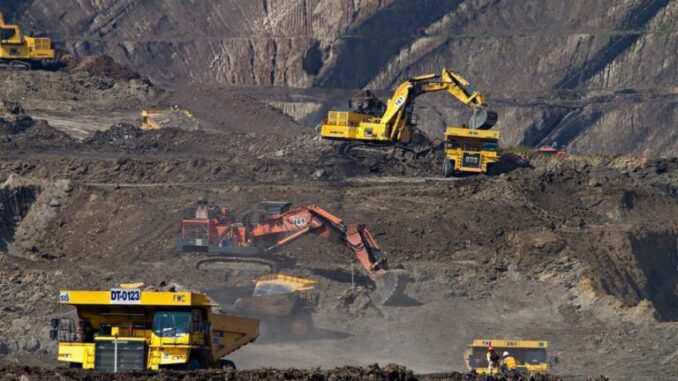
From subdued margins to a surge in global investor confidence, Nigeria’s solid minerals sector is undergoing a quiet transformation — one that is rapidly redefining the country’s role in the global mining landscape.
Under the stewardship of President Bola Tinubu, the country has attracted over $800 million in foreign processing investments in 2025 alone, according to Solid Minerals Development Minister Dr Dele Alake. Far from mere headline figures, these inflows underscore a deeper strategic pivot: moving Nigeria away from raw material exports towards a value-added, domestically integrated mining economy.
At the heart of this reform drive lies a robust insistence on local beneficiation — the requirement that no mining licence be issued without a concrete plan for domestic processing. Already, landmark projects such as the $600 million lithium processing facility near Kaduna and a $200 million refinery in Abuja are nearing launch. The ministry’s data further reveals a steep rise in sectoral revenue, from ₦6 billion in 2023 to ₦38 billion in 2024, despite only a fraction of its approved budget being released. This surge, Alake contends, is the result of strategic policy alignment, credible data investment, and the formalisation of artisanal miners into over 250 cooperatives across the country.
Nigeria’s influence is now stretching beyond its borders, with the country taking the lead in continental mining governance through its chairmanship of the newly established African Mineral Strategy Group. With global powers like the UK, US, and Saudi Arabia queuing to secure alternative sources for critical minerals, Nigeria is positioning itself as a reliable, reform-driven partner. “This sector has never witnessed such vibrancy,” said Alake, affirming that mining is fast becoming a central pillar of the Tinubu administration’s economic diversification agenda. For a nation long reliant on oil, the solid minerals sector now holds the promise of sustainable, inclusive industrialisation.
